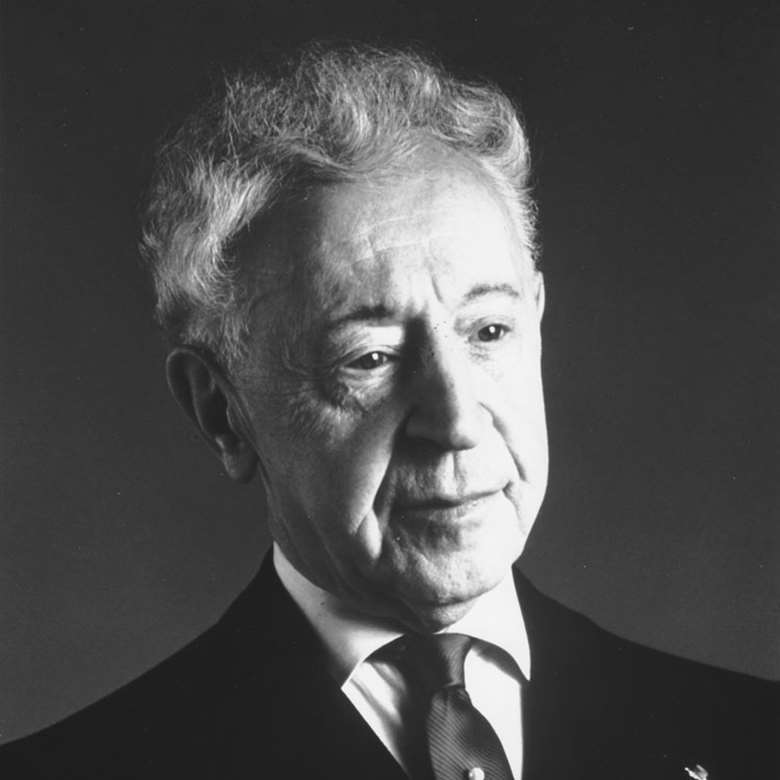Arthur Rubinstein – wine, women and the piano
Bryce Morrison
Monday, January 23, 2017
For professional pianists and amateurs alike, Arthur Rubinstein's artistry was a thing of wonder, a touch that combined exquisite control with a feeling of tremendous ease, says Bryce Morrison

Register now to continue reading
Thanks for exploring the Gramophone website. Sign up for a free account today to enjoy the following benefits:
- Free access to 3 subscriber-only articles per month
- Unlimited access to our news, podcasts and awards pages
- Free weekly email newsletter








